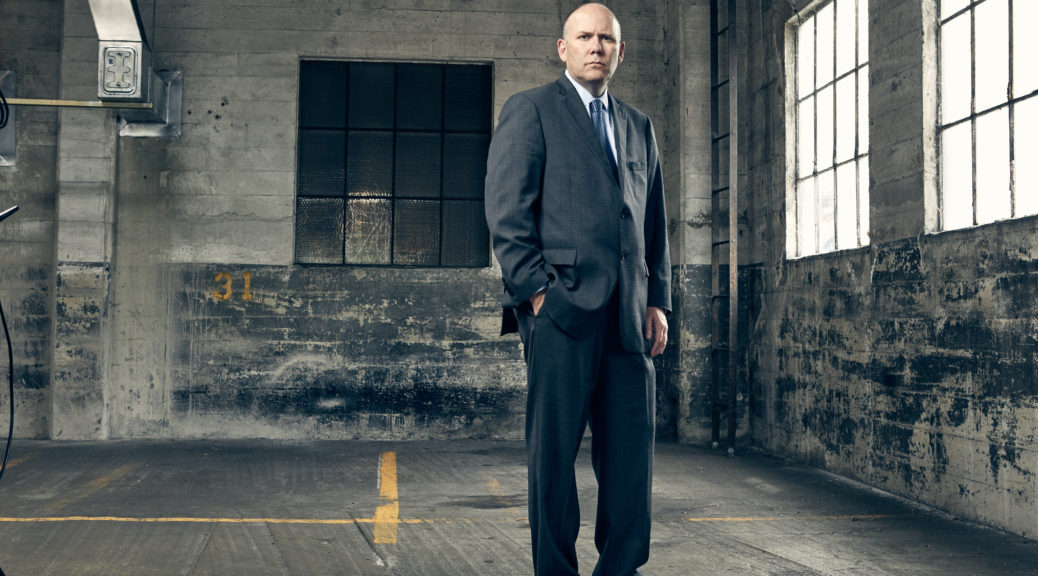Olson Brooksby frequently counsels local and national clients on whether or not the consumer products they manufacture or sell contain a safety defect that they would be required to report to the Consumer Product Safety Commission.
Federal Regulation
The Congress of the United States established the Consumer Product Safety Act (“CPSA”), codified at 15 U.S.C. §§2007-2089.
Complete analysis of the CPSA is beyond the scope of this article. Pursuant to the CPSA, Congress established the Consumer Product Safety Commission (“Commission”) to regulate consumer product safety in the United States. Under the CPSA, the Commission has the power to develop regulations related to the safety of consumer products, which are generally contained in the Code of Federal Regulations.
Under 15 USCS § 2052(5), a “consumer product” means “any article, or component part thereof, produced or distributed (i) for sale to a consumer for use in or around a permanent or temporary household or residence, a school, in recreation, or otherwise, or (ii) for the personal use, consumption or enjoyment of a consumer in or around a permanent or temporary household or residence, a school, in recreation, or otherwise…”
Specifically excluded from regulation by the CPSC are tobacco, motor vehicles, pesticides, aircraft and aircraft components, boats, drugs and medical devices and food. Even if these excluded products are purchased for consumer use, they are not subject to regulation or jurisdiction by the CPSC. The Commission does tend to heavily regulate consumer products, especially children’s items, such as: car seats, children’s pajamas, strollers, cribs, toys, some recreational products, certain home appliances, and tools. The CPSC has passed specific regulatory acts such as the “Children’s Flammable Pajamas Act” associated with consumer products that target vulnerable users, primarily children and vulnerable adults. A link to the CPSC website, which contains useful product safety information, including information for manufacturers such as current product recalls, is found at http://www.cpsc.gov/.
The Requirement of Reporting Consumer Product Defects to the CPSC
Although complete analysis of reporting requirements are beyond the scope of this article, Section 15(b) of the CPSA establishes reporting requirements (“Section 15(b) reports”) for manufacturers, importers, distributors and retailers of consumer products. In summary, each must notify the commission (generally within 24 hours) if they obtain information that “reasonably supports the conclusion” that a product (1) fails to comply with an applicable consumer product safety rule or with a voluntary consumer product safety standard, (2) fails to comply with any other rule, regulation, standard or ban under the CPSA or any other Act enforced by the Commission such as the Children’s Gasoline Burn Prevention Act, Refrigerator Safety Act or Flammable Fabrics Act, (3) contains a defect which could create a substantial product hazard, or (4) creates an unreasonable risk of serious injury or death.
Under the CPSA, a private right of action exists for any person injured by violation of a consumer product safety rule promulgated by the Commission. Manufacturers should be aware that the CPSA contains some sharp teeth and courts may award attorney fees as part of the injured person’s recovery. 15 U.S.C. §2072. Under the CPSA, the CPSC has broad enforcement powers and a number of tools to ensure the safety of consumer products. However, under the CPSA, the CPSC is also charged with assisting manufacturers, distributors and retailers of products with known defects in the development of a “Corrective Action Plan” (“CAP”), and although the CPSC enforcement powers have sharp teeth, the CPSC is also focused on working to develop voluntary corrective action plans and engaging in cooperation during corrective action plan implementation.
Olson Brooksby frequently counsels manufacturers on whether to pass along reports they have received or internally-developed information that suggests that a product may contain a defect that would require reporting under Section 15(b) of the CPSA. While comprehensive analysis of the Section 15(b) reporting requirements are beyond the scope of this article, the Commission has published a useful abbreviated publication that discusses reporting and product recalls.
Why Familiarity And Compliance With CPSC Mandatory Reporting Requirements Matters
Although it should go without saying, manufacturers, especially those focused on products for babies, children and household consumers (such as cleaning products, flammable products, etc.), must be aware of whether the Commission is considering or has established specific rules governing their products. Manufacturers, distributors and retailers should be aware of the basic reporting requirements to the CPSC under Section 15(b) if they become aware of information that reasonably supports the conclusion that their product contains a defect and should voluntarily report.
The Commission has the power to require mandatory recalls, but will typically offer a manufacturer the option of conducting a voluntary recall before issuing a recall order. Prudent manufacturers of consumer products, especially those for which the Commission has promulgated specific rules or standards, should have a recall plan developed in advance because, whether voluntary or mandatory, the Commission will expect the company to commence the necessary recall action plan quickly and such plans are typically very involved. Any action taken by the Commission, whether in the form of corrective action or a recall can have serious consequences for manufacturing cycles and the costs associated with a recall can be very high. For more on this issue, please feel free to contact our office.



